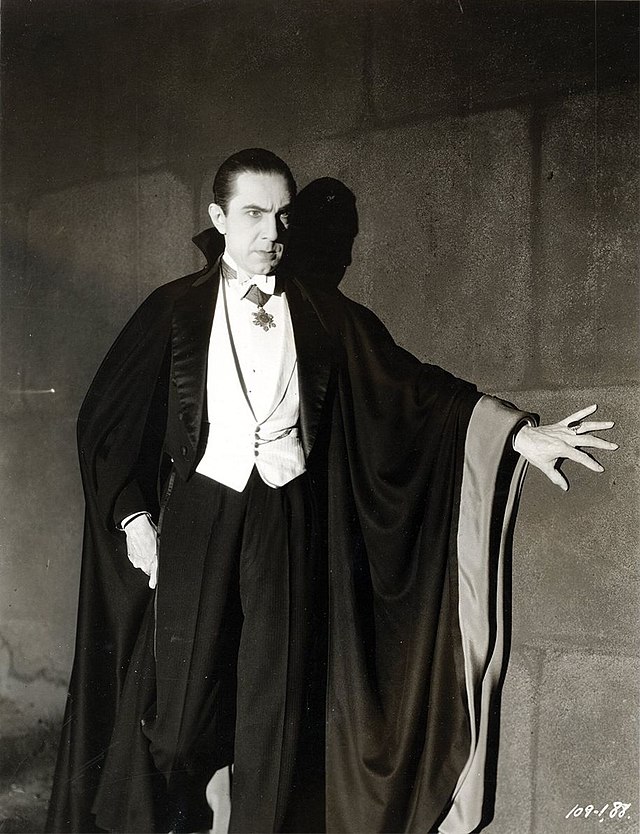Authors:
Historic Era: Era 8: The Great Depression and World War II (1929-1945)
Historic Theme:
Subject:
November 1998 | Volume 49, Issue 7


Authors:
Historic Era: Era 8: The Great Depression and World War II (1929-1945)
Historic Theme:
Subject:
November 1998 | Volume 49, Issue 7

It is hard to believe now, but there was a time when moviegoers did not know about vampires. Didn’t know you do them in with a wooden stake through the heart, didn’t know a ray of sunlight is injurious to their health, that they sleep in coffins all day, and go about at night as bats and wolves. Didn’t even know they drink the blood!
All that changed in a single magnificent cinematic achievement. The English solicitor has come by stagecoach past peasants fearfully crossing themselves and up a Mittel-Europa mountain-pass road to a castle of shattered and decayed battlements. On a grand staircase within, the unknown nobleman who has requested his presence awaits.
The accent of that menacing welcomer, his pauses and intonation, the graceful and slow hand motions, aristocratic bearing, formal white-tie wear with sash and raised-collar cape—does there exist a kid today who has not seen and heard and understood it all, in Saturday-morning cartoons, on cereal boxes, in television ads, comic books, greeting cards, toys, paint kits, plastic representations, Halloween costumes complete with gleaming fangs?
And who inspired all of this? Well, can you name a king off the top of your head? Of course you can: Richard III, Henry VIII, John, Edward VII. A czar? Peter, Nicholas II. A prince? Hamlet, Charles. A duke? Wellington. Now—quick—a count? Who comes to mind? What, Tolstoy? Marie Antoinette’s boyfriend Axel Fersen? Monte Cristo? Please. There’s only one count.
“I am Dracula. I bid you … velcome.” So declared BeIa Lugosi. At the New York opening, the theater advertised that a trained nurse would be in attendance to care for those succumbing to such fearsomeness as had never before been seen on the screen. There followed for BeIa Lugosi the mad scientist concocting devil bats and rays and potions of most terrible intent. He became soul=stealer, priest of the living dead, master of the occult, transplanter of brains, demented presence aiming to destroy worlds or to make the world bow down before him. He was ghoul, sorcerer, zombie maker, leader of the wandering dead, chieftain of the dark forces of the world of shadow, clutched-hand maniac of fog-shrouded cemetery, evil experimenter in dank cellar laboratory.
The portrayer of all these and more—and worse!—was born in 1882 in Lugos, in the foothills of where else? The Transylvanian Alps, his father a baker turned banker. Béla Blasko left off schooling at eleven, and used his hometown to create a new name for use on the stage. He sang in operettas for provincial Hungarian companies, performed baritone parts in operas, was Jesus in a passion play, Laertes in Hamlet, Lucentio in The Taming of the Shre , Cassio in Othello, Clarence in Richard III, and in Szeged, his country’s second city after Budapest, rose to a Romeo of whom a